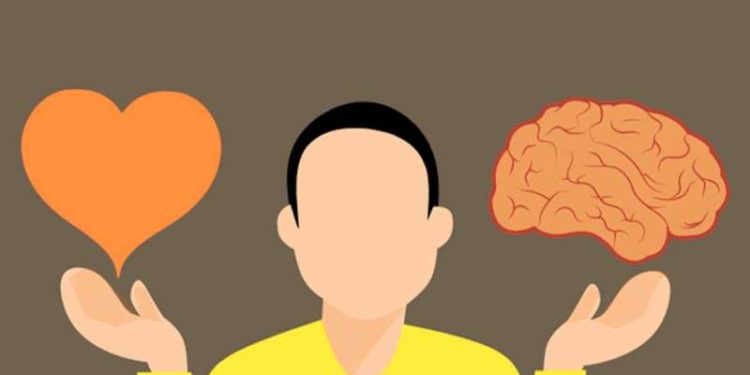The news of Sushant Singh Rajput’s demise on Sunday shocked many of us. While media outlets, mental health professionals and celebrities have taken the time to destigmatise mental health in the past, few of us have the know-how to maintain our mental fitness effectively. Dr Malladi Srinivasa Sastry, Senior Consultant Psychiatrist at Arogyaraksha Beachfront Clinic in Vizag spoke to Yo! and gave us tips on how to cope during difficult times.
To begin with, the doctor says suicidal thoughts are not uncommon, and can occur to anyone- whether or not they are diagnosed with an underlying mental illness like depression or anxiety.
“Extreme distress, like losing a job or a loved one may lead us- even if not mentally ill- to consider suicide as an option during difficult times. I observed that we as a society fail to acknowledge emotions that aren’t positive. Even our movies, for example, focus on happy, positive, family-centric emotions. As a starting point, one must recognise the vast rainbow of emotions one goes through, including the negative ones. Then, we can begin an effective process of coping with them,” says Dr Sastry.
The psychiatrist says our changing lifestyle choices can be considered as one of the significant reasons for rising mental illnesses. “Our jobs, away from our families, may lead us to live alone, in isolation, often unsupervised. Abroad, people have adopted a more individualistic, independent lifestyle. Traditional support systems like family and friends are replaced by professional mental health practitioners offering similar support.” In India, we have an added advantage, says Dr Sastry. “We still have our traditional support like our communities, associations and families to confide in. This is extremely important for an individual to feel like they are cared for. One must go back and rekindle relationships in one’s neighbourhood, or place of worship and embrace their community once again.”
When asked about everyday coping techniques or exercises to be mentally fit, the Vizag based psychiatrist says Pranayama, breathwork, meditation and guided Muscle Relaxation exercises go a long way in mental health maintenance. Further, the doctor recommends volunteering to be mentally sound. “In the simplest terms, helping people releases feel-good hormones in our brain. Consistently being involved in social service and volunteering is essential for the upkeep of one’s mental health,” says the psychiatrist.










Discussion about this post